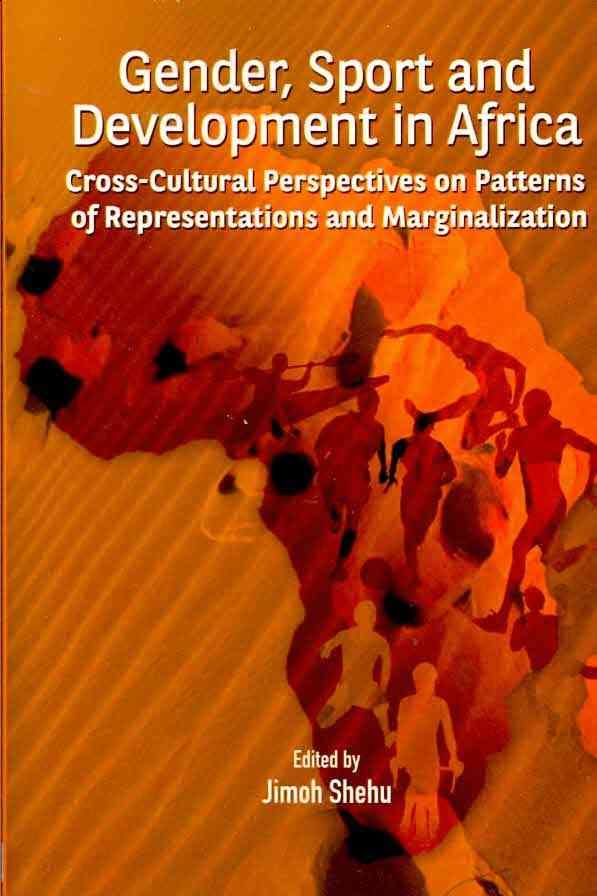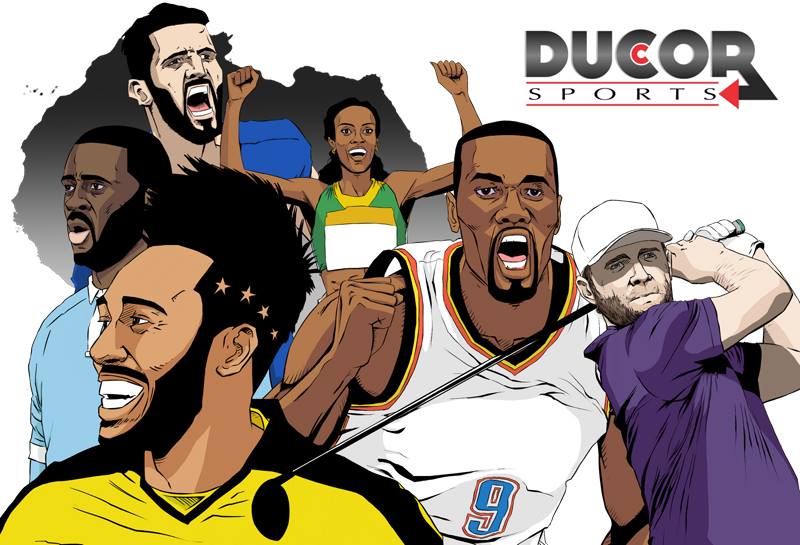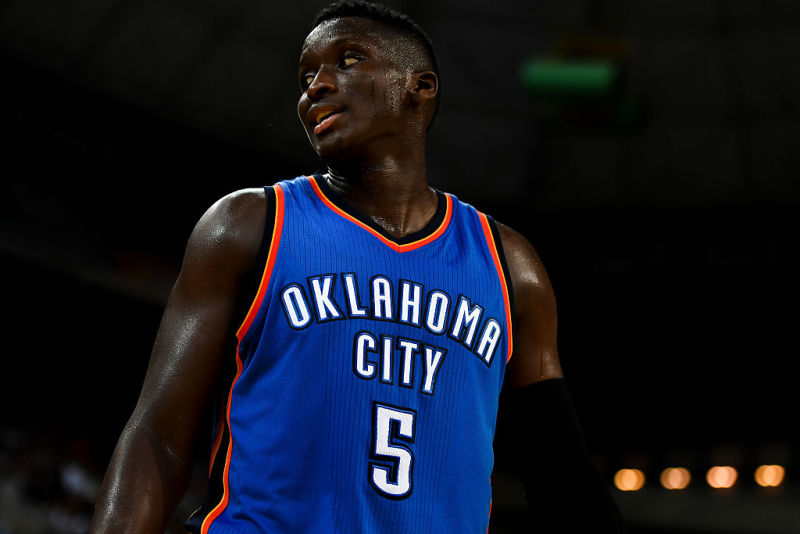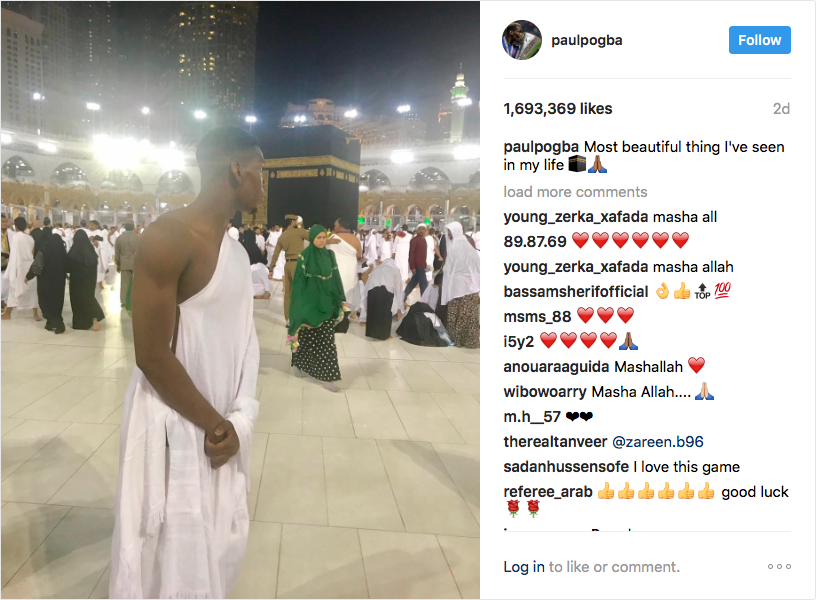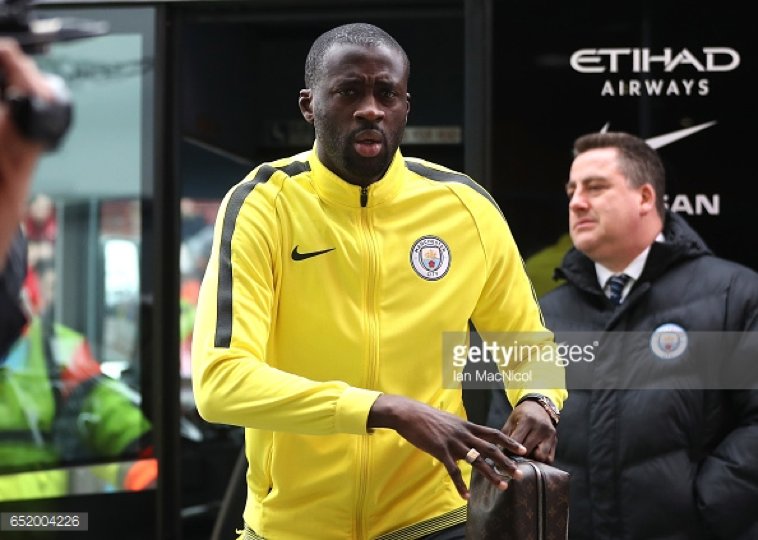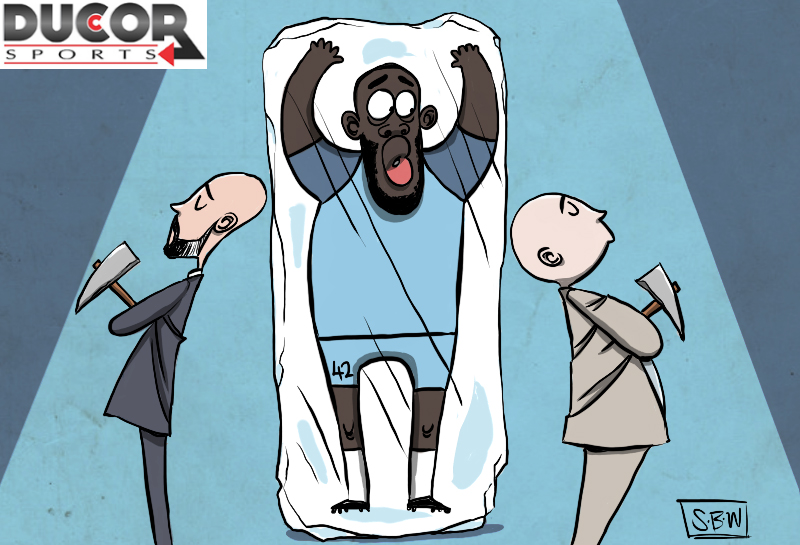To say that female sports in Africa are underrepresented, would be an understatement. Though one can argue that female athletes around the world face a similar predicament and discrimination, their plights are not monolithic. Here in the United States and the rest of the western world, the struggle for female athletes in the 21st century centers on the disparity in wages, media coverage and sponsorship contracts.
This embarrassing gender wage gap is a major issue that should be at the forefront of every discussion pertaining to wage gap disparities in sports. It can also be argued that female sports do not generate the same amount of interest and financial gain as men’s sports — after all, this is business and compensation should be based on earning power. In reality, this argument falls flat for the mere fact that female sports and female athletes are not given the same platform as their male counterparts.
Female sports in Africa
The book Gender, Sport and Development in Africa, reviewed by Louise Mansfield, lays out a fundamentally disturbed perception of women in Africa’s sporting arenas. In the first chapter, the author details the hostility and violence toward women in soccer culture in Zimbabwe:
Women are commonly the victims of physical sexual harassment and verbal annihilation if they dare to attend matches and sit in areas occupied by the most aggressive males. Central to the curse of juju (magic for success) in African soccer is the belief that women are evil, and the source of bad luck. As soccer and juju cultures collide, women face discrimination, threats of violence, and exclusion from watching and playing the game.
To be fair to Zimbabwe, this attitude toward women is a microcosm of a broader problem that continues to loom over Africa’s male-dominated sport culture. One of the most salient points I took away from Louise Mansfield’s analysis of the book Gender, Sport and Development in Africa, is that [perfectpullquote align=”full” cite=”” link=”” color=”” class=”” size=””]’despite feminist action to involve African women in sport, the effect of dominant ideologies about female inferiority in sport and culture serve to reinforce the exclusion, marginalisation, and denigration of women.'[/perfectpullquote]
The book also discusses media coverage disparities, citing a study of male and female sports representations in Nigerian newspapers. The study found that male athletes tend to be framed positively for their skill, professionalism and achievement regardless of their successes or failures. Meanwhile, female athletes are rarely praised and more often ‘publicly and severely castigated for their failures.’
